Terra Batida
Terra Batida: Introducing the network
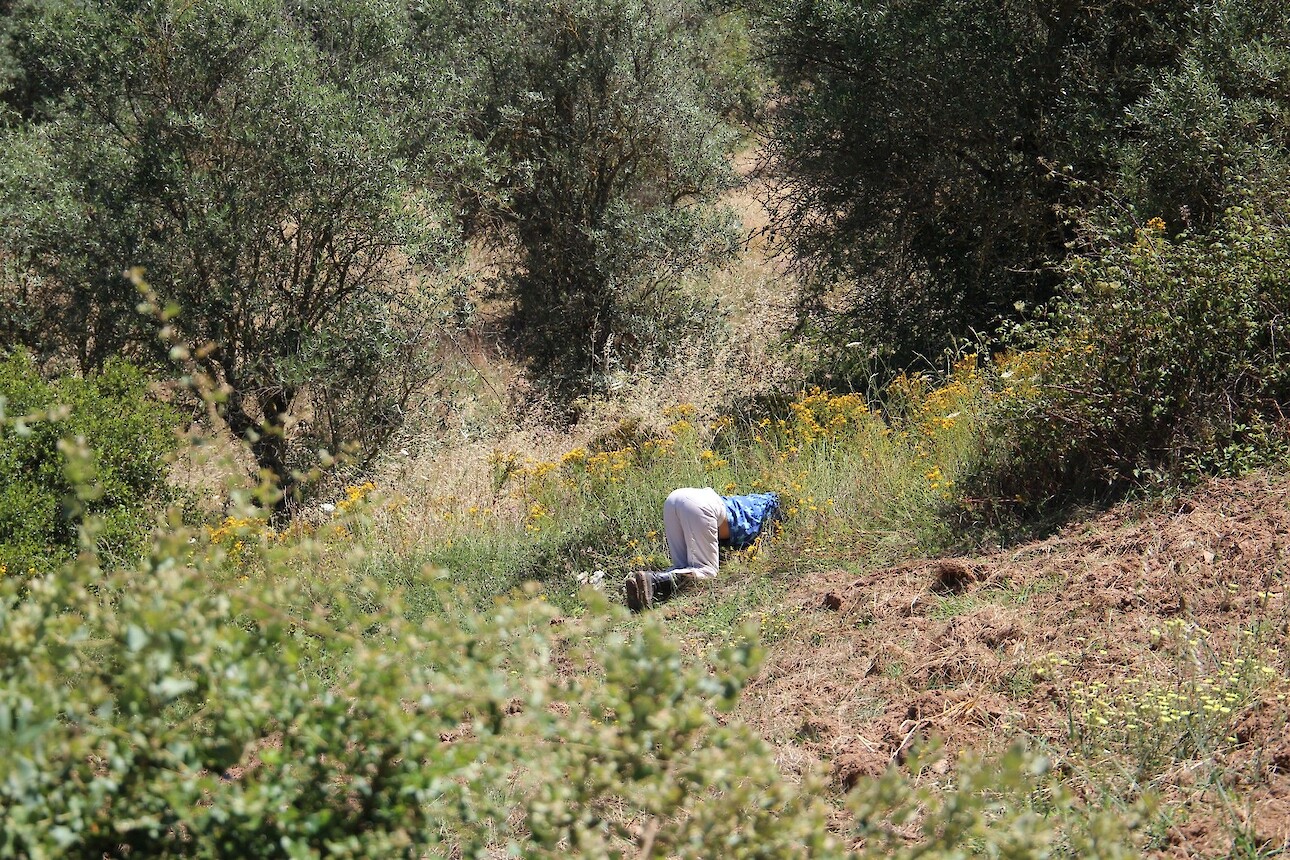
In this gathering, people who participated in the Terra Batida residencies come together to discuss their research: Ana Lucia Nobre, Ana Rita Teodoro, Bruno Caracol, Claraluz Keiser, Inês Andrade, Joana Levi, Leticia Skrycky, Luisa Homem, Maria Inês Gameiro, Maria Lucia Correia, Margarida Mendes, Marta Lança, Marta Mestre, Miguel Rego, Rita Natálio, Samuel Melro, Silvia das Fadas, Vera Mantero.
Terra Batida is a constellation of people, practices and knowledge taking a stand against ecological violence and politics of abandonment. Local knowledge of socio-environmental conflicts combine with an active network to resist extractive abuses and to practice care — to speculate, to tell stories, and build visions and reflections of the future for our weary, worn-out worlds. All Terra Batida events are free to attend.
In 2020, Terra Batida brings participants from dance, film, performance and visual arts into collaboration with researchers, members of cooperatives and activists in Ourique, Castro Verde, Montemor-o-Novo, Aveiro, Ílhavo, and Gafanha da Nazaré. These specific, local starting points in Portugal are a springboard for thinking and operating at multiple levels. In Alentejo, the discussion is about desertification; super-intensive farming and related extractive practices around migrant labour; toxic, deactivated mines; seas of greenhouses on the coast; the lack of water and people; and the conservation of native species and other forms of community resistance. In Aveiro, questions address the rapid erosion of the coastline, port traffic, rising sea levels, and the cellulose industry. These problems are at the crux of social, racial and interspecies conflict.
At the Alkantara Festival, Terra Batida presents a programme of performances, research sessions, and talks at São Luiz Teatro Municipal.
Jornal Mapa - Terra Batida Special Edition
Mapa is a media project and a place of resistance in times of war. Through the sharing of information, debate, and discussion, Mapa develops a critical eye as a way to nourish thought and the practice of autonomy and freedom in all aspects of life. Mapa is not connected to any economic group or political party. Mapa publishes news articles, reports, investigative journalism, chronicles, photos, illustrations, and cartoons, with a focus on local and global environmental issues.
Raquel Lima in conversation with Rita Natálio e Marta Lança
Proponents of the Terra Batida network Marta Lança, Rita Natálio Artistic proposals Ana Rita Teodoro, Joana Levi, Maria Lúcia Cruz Correia, Marta Lança, Rita Natálio, Sílvia das Fadas, Vera Mantero 2021 Artists Ana Pi e Irineu Destourelles In dialogue with Bruno Caracol, Claraluz Keiser, Inês Catry (com Marta Acácio), João Madeira, João Prates Ruivo, João Telha, Luísa Homem, Maria Inês Gameiro, Maria Mire, Margarida Mendes, Miguel Rego, Nuno Morão, Samuel Melro, Sílvia das Fadas, Teresa Castro Research visits Aveiro em Transição, Bioliving, Bioria, CEDRU, Circuito Arqueológico de Castro Cola, Climáximo, Comunidade dos Aivados, Cooperativa Integral Minga Montemor, ECOMARE/CPRAM, Fonte de Água Santa de São Miguel, Greve Climática Estudantil, Herdade Freixo do Meio, Herdade Monte dos Gregórios, Museu Marítimo de Ílhavo, Passeio de identificação de plantas comestíveis e medicinais (Évora), Projeto AIRSHIP/UA, Projeto de conservação de aves estepárias (Campo Branco) Stage proposal Leticia Skrycky Technical producer (streaming) Um/Quarto Club com T00LEO Technical support Sara Vieira Marques Editors, digital platform Marta Mestre, Margarida Mendes Digital platform Nuno da Luz (Design), João Costa (Programing) Media partners jornal Mapa, BUALA Documentation Luísa Homem Produced by Associação Parasita Executive producer Claraluz Keiser Coproduced by Alkantara Support Câmara Municipal de Aveiro, Câmara Municipal de Lisboa, Câmara Municipal de Ourique, Governo de Portugal – Ministério da Cultura/Direção-Geral das Artes, Fundação Calouste Gulbenkian Residencies Alkantara, Cads da Dança, Centro Cultural de Belém, Espaço do Tempo, Estúdios Victor Córdon, MDance, Monte das Doceitas, Not a Museum, PenhAsco, 23 Milhas.
Parasita and Alkantara receive funding from República Portuguesa–Ministério da Cultura/Direção-Geral das Artes
Related articles:
- 26.11 - 27.11.2020
- Performances
- Earthways
Rita Natálio
Fóssil [Terra Batida]
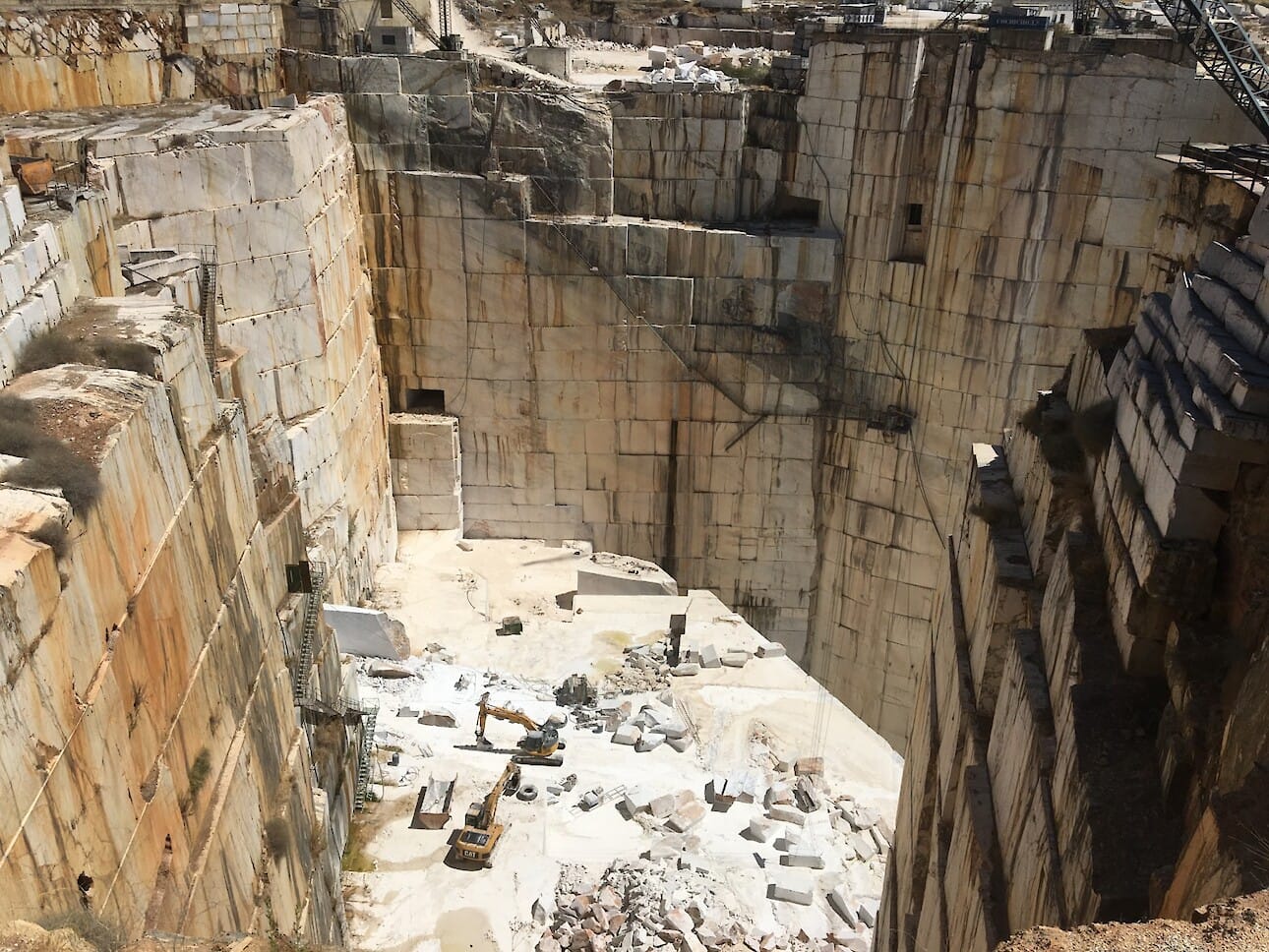
- THU 26.11.2020 6:30 PM
- FRI 27.11.2020 6:30 PM
- Performances
- Earthways
Followed by a conversation (in Portuguese) with João Ruivo [26.11], Climáximo (Carlos Godinho) and Greve Climática Estudantil (Andreia Galvão e Sofia Oliveira) [27.11]
- 16.11 - 17.11.2020
- Performances
- Earthways
Marta Lança
Superintensiva [Terra Batida]
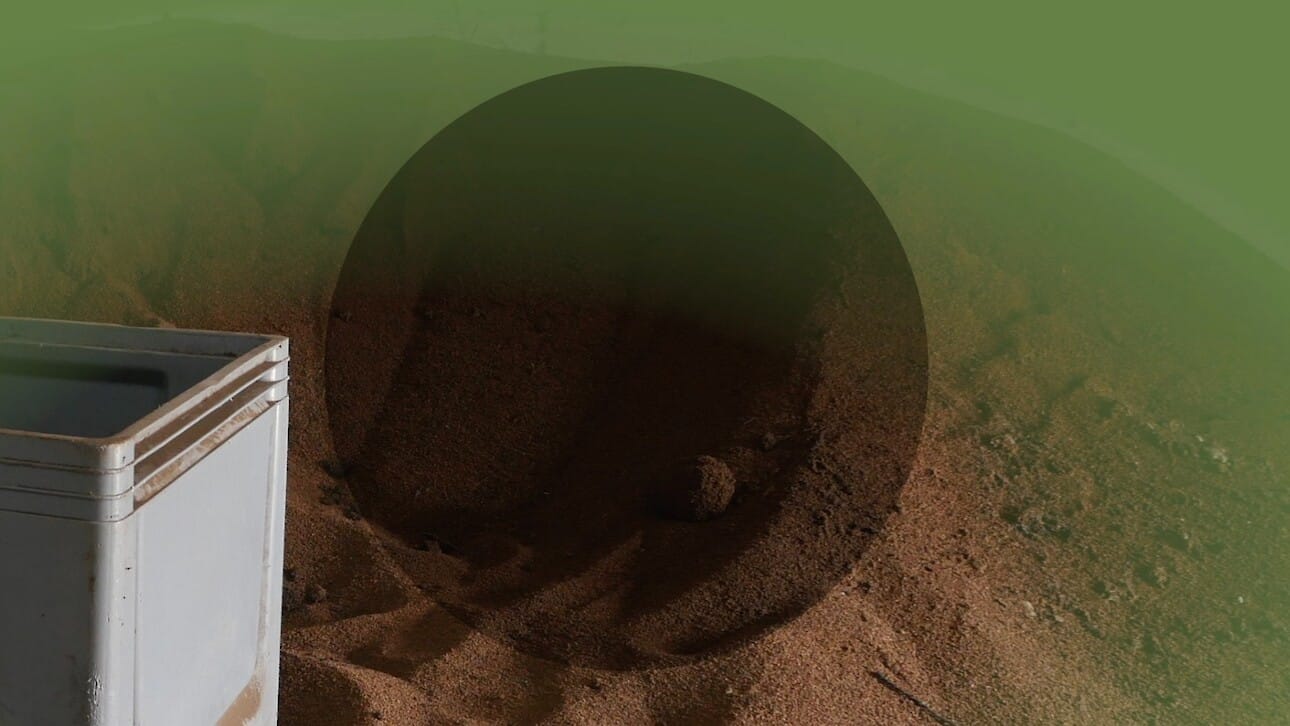
- MON 16.11.2020 7:30 PM
- TUE 17.11.2020 7:30 PM
- Performances
- Earthways
Double bill with Rasante by Joana Levi
- 16.11 - 17.11.2020
- Performances
- Earthways
Joana Levi
Rasante [Terra Batida]
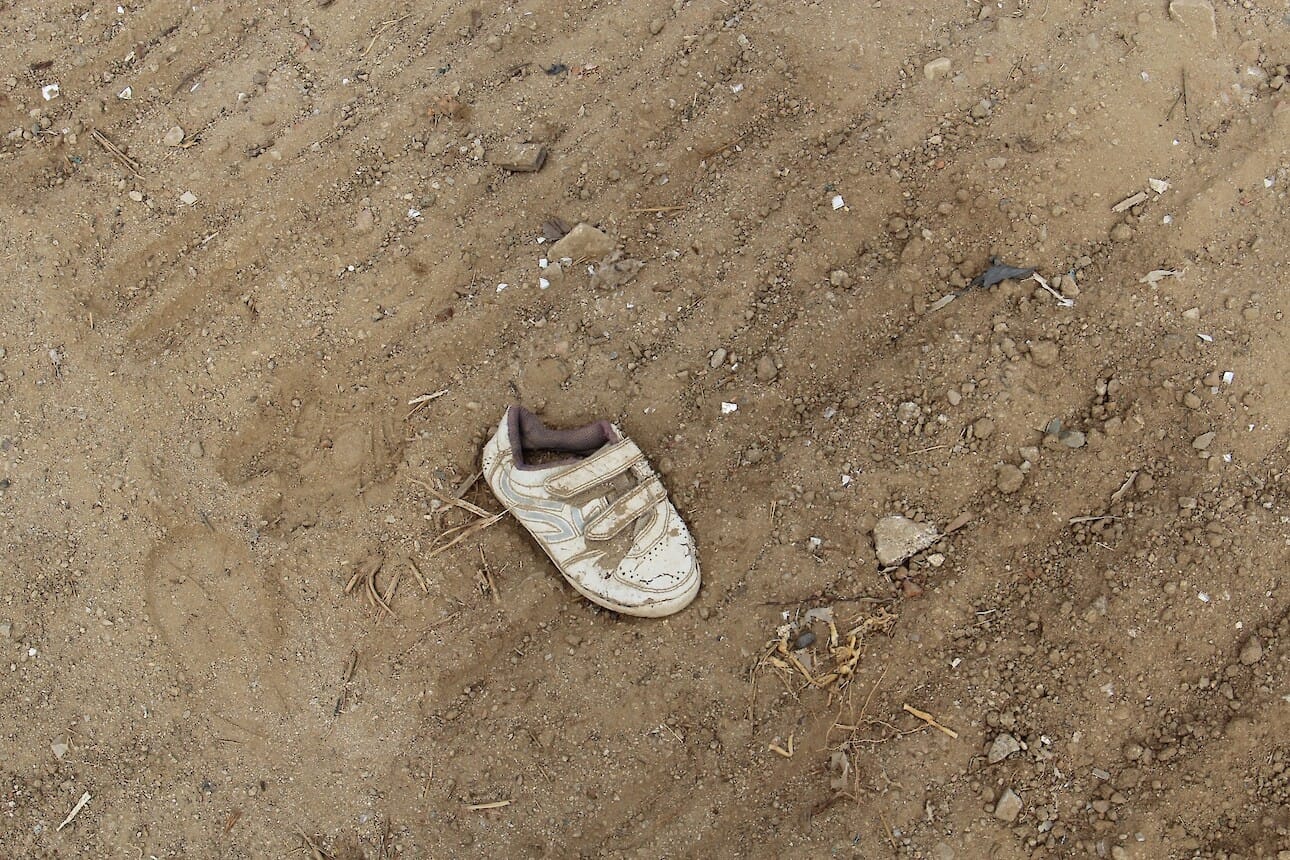
- MON 16.11.2020 7:30 PM
- TUE 17.11.2020 7:30 PM
- Performances
- Earthways
Double bill with Superintensiva by Marta Lança
- 20.11.2020
- Earthways
- Research
Ana Rita Teodoro
A Reading of Vegetable Beings [Terra Batida]
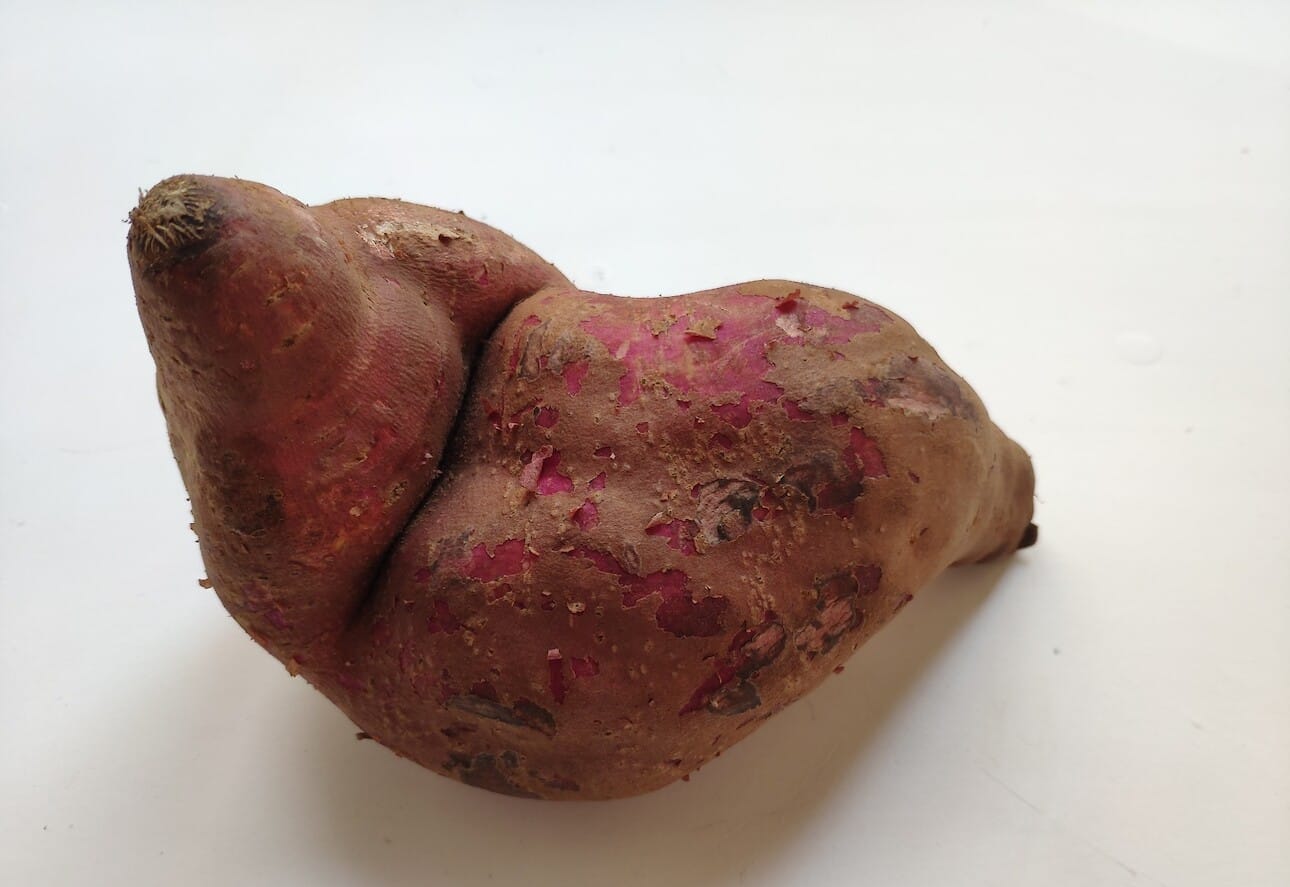
- FRI 20.11.2020 7:00 PM
- Earthways
- Research
A Reading of Vegetable Beings: oracles for the re-enchantment of the Earth
- 19.11.2020
- Performances
- Earthways
Sílvia das Fadas (with Francisco Janes)
Light, Blaze, Fulgor [Terra Batida]
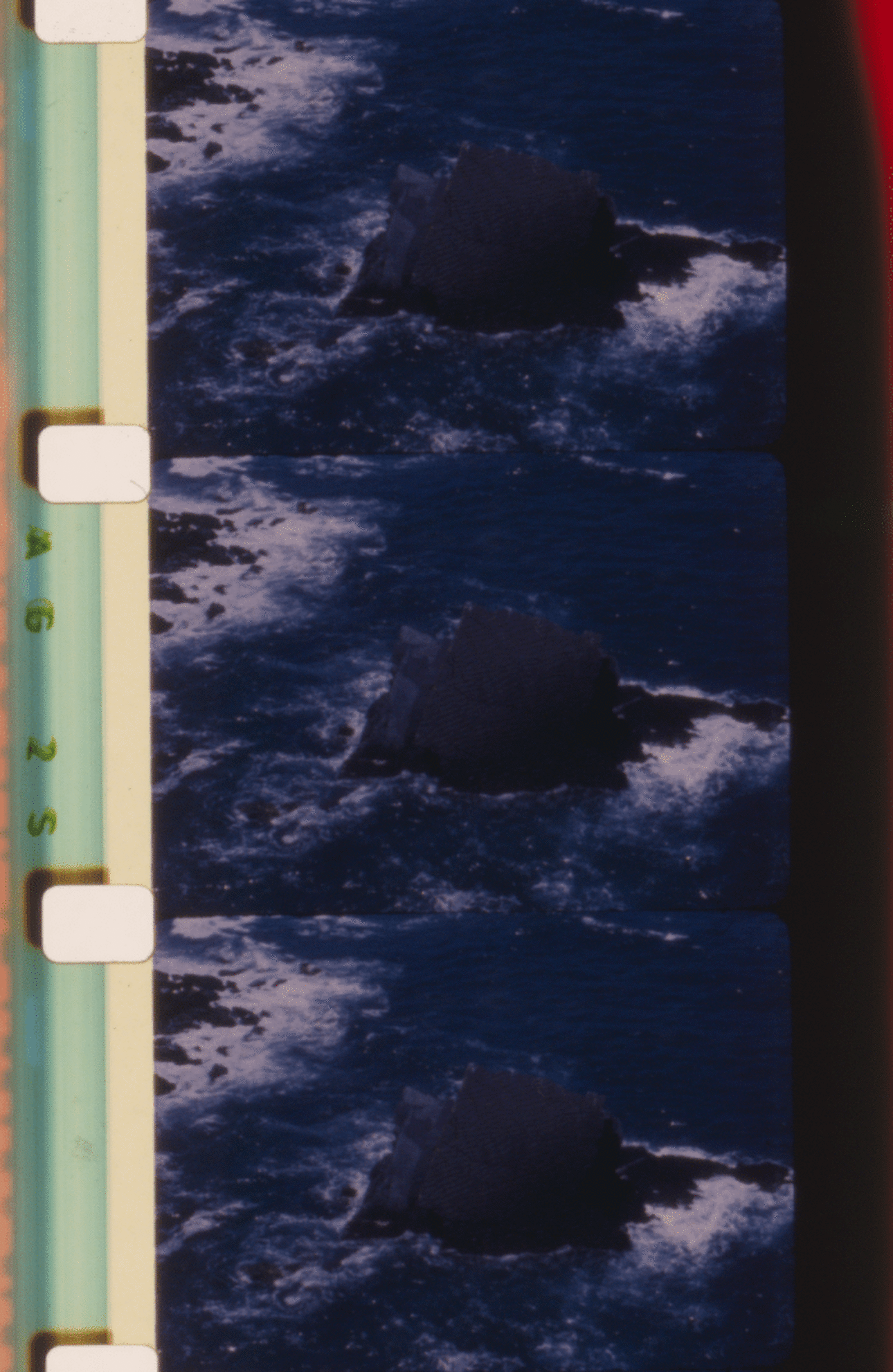
- THU 19.11.2020 7:00 PM
- Performances
- Earthways
Light, Blaze, Fulgor: Auguries for a Non-hierarchical Framing and Flourishing
- 23.11 - 24.11.2020
- Earthways
- Research
Maria Lúcia Cruz Correia and Vera Mantero
JURISPLÂNCTON [Terra Batida]
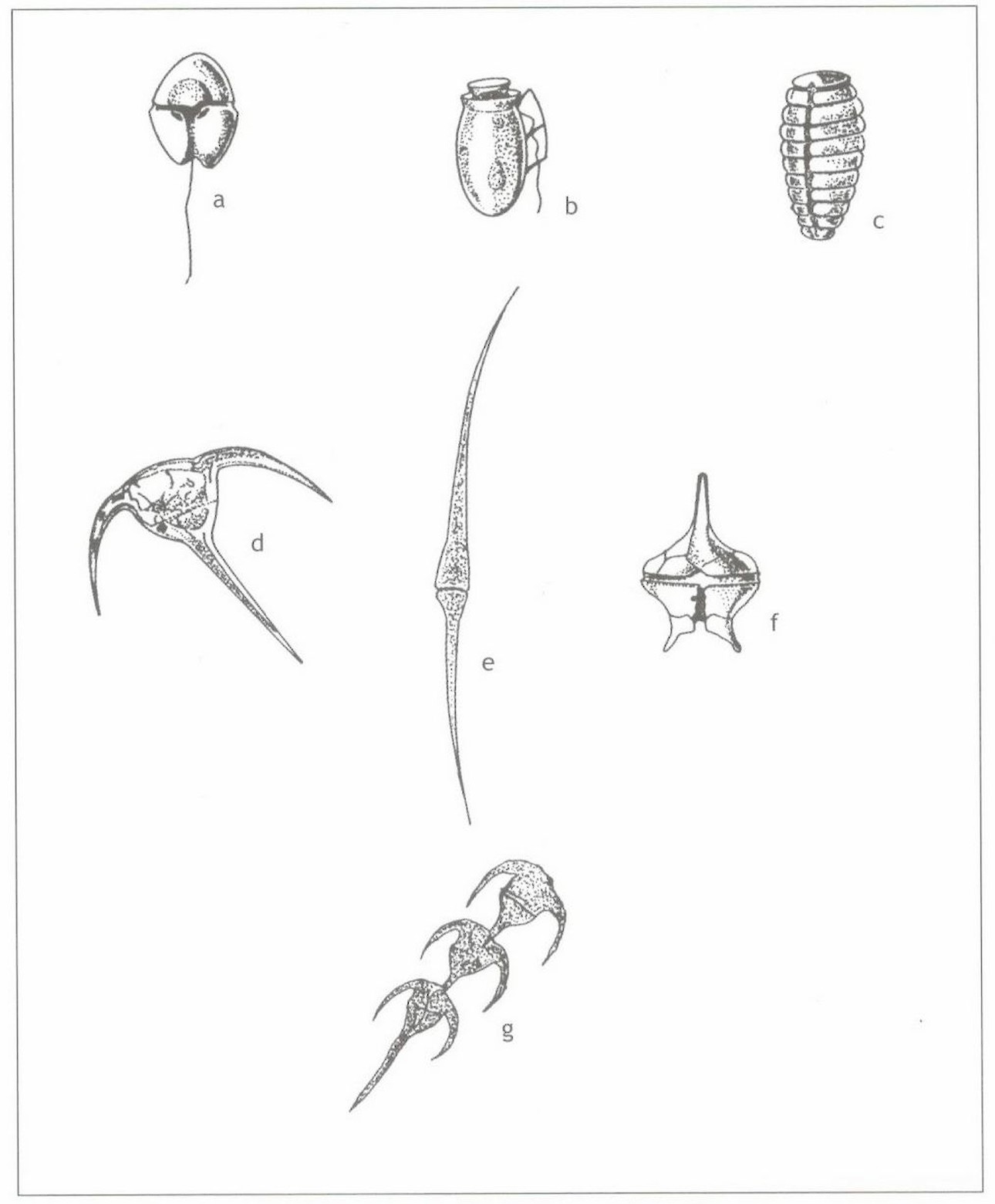
- MON 23.11.2020 7:00 PM
- TUE 24.11.2020 7:00 PM
- Earthways
- Research
Nov 23th - Maria Inês Gameiro Nov 24th - Margarida Mendes